Mung Bean: The Ancient Superfood Backed by Modern Science

In the world of Ayurvedic nutrition, few foods are as praised as the humble mung bean. Known for its lightness, digestibility, and deep healing qualities, mung bean has been a dietary staple in India for thousands of years. Now, modern research is beginning to confirm what Ayurveda has long taught: mung bean is not only a clean source of plant-based protein, but also a powerful food for long-term health and disease prevention.
A Clean, Digestible Source of Protein

Just 100 grams of mung beans provides around 26 grams of protein — and unlike many other legumes, it’s incredibly easy on the digestive system. This makes it an ideal protein for people with weak digestion or those recovering from illness. Whether you’re vegetarian, vegan, or simply seeking a clean protein source, mung bean offers powerful nourishment without burdening your gut.
Rich in Fiber, Magnesium, and Anti-Inflammatory Compounds
Mung beans are more than just protein. They're rich in dietary fiber and magnesium — two nutrients many people lack in modern diets. Fiber supports a healthy gut microbiome and regular elimination, while magnesium is essential for everything from heart health to better sleep. Mung beans also contain polyphenols and flavonoids with anti-inflammatory properties, making them a great addition to any healing or longevity-focused diet.
Fat-Absorbing and Cholesterol-Lowering

Ayurveda classifies mung bean as astringent and light, meaning it helps absorb excess fat and is easy to digest. This quality is supported by science: studies show that mung beans may reduce levels of LDL cholesterol, triglycerides, and even help regulate blood sugar levels. Their low glycemic index and high fiber content make them particularly useful for people managing metabolic disorders or trying to maintain a balanced weight.
An Ayurvedic Staple for Everyday Use
Whether in soups, stews, or lightly spiced kitchari, mung bean can be a daily staple for those looking to build strength without heaviness. It’s a perfect food for seasonal cleansing, recovery from fatigue, or simply supporting a balanced, sattvic lifestyle.

Bottom Line:
Mung bean is more than a legume. It’s a complete food — nourishing, balancing, and deeply supportive to your body’s systems. Both Ayurveda and modern science agree: mung bean deserves a regular place in your kitchen.



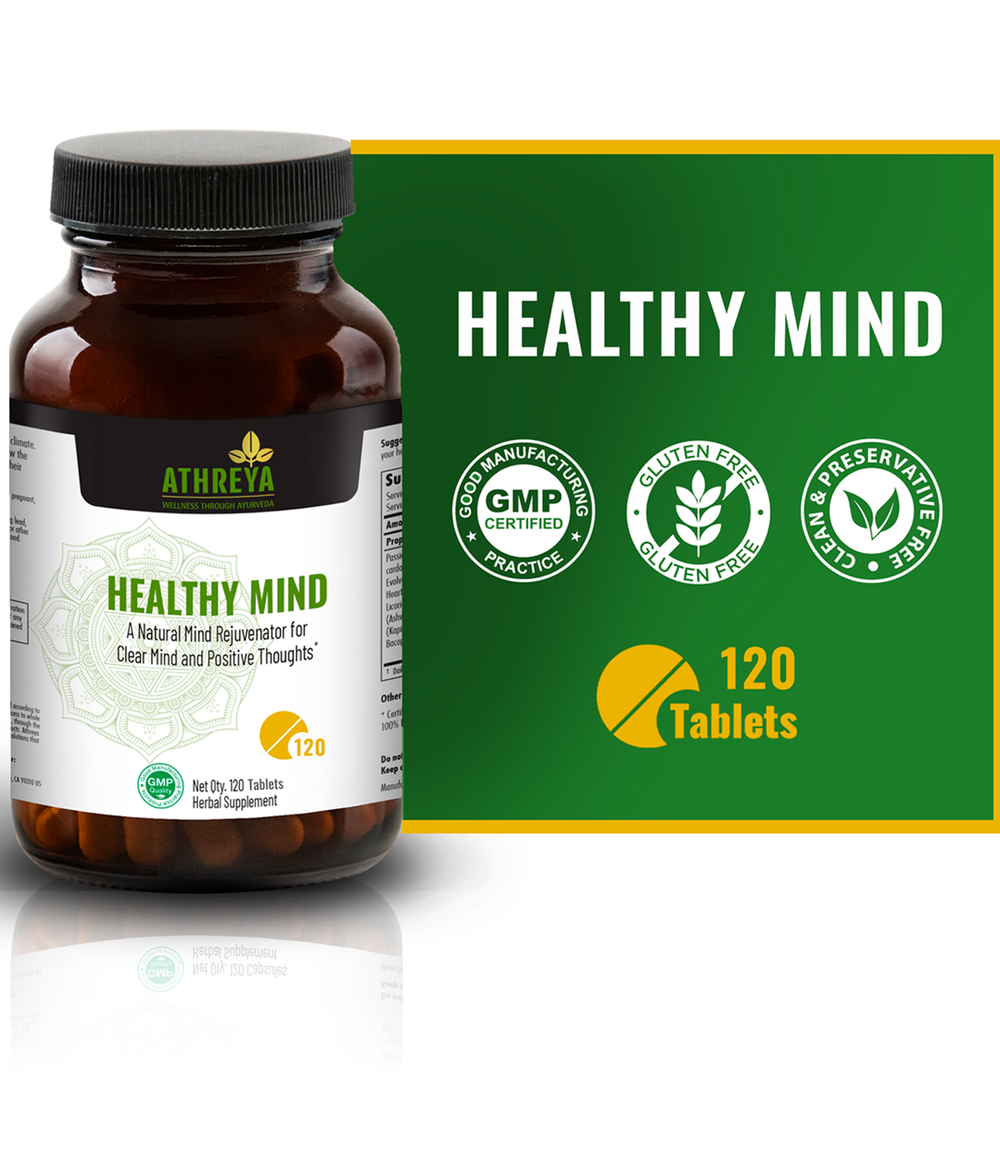
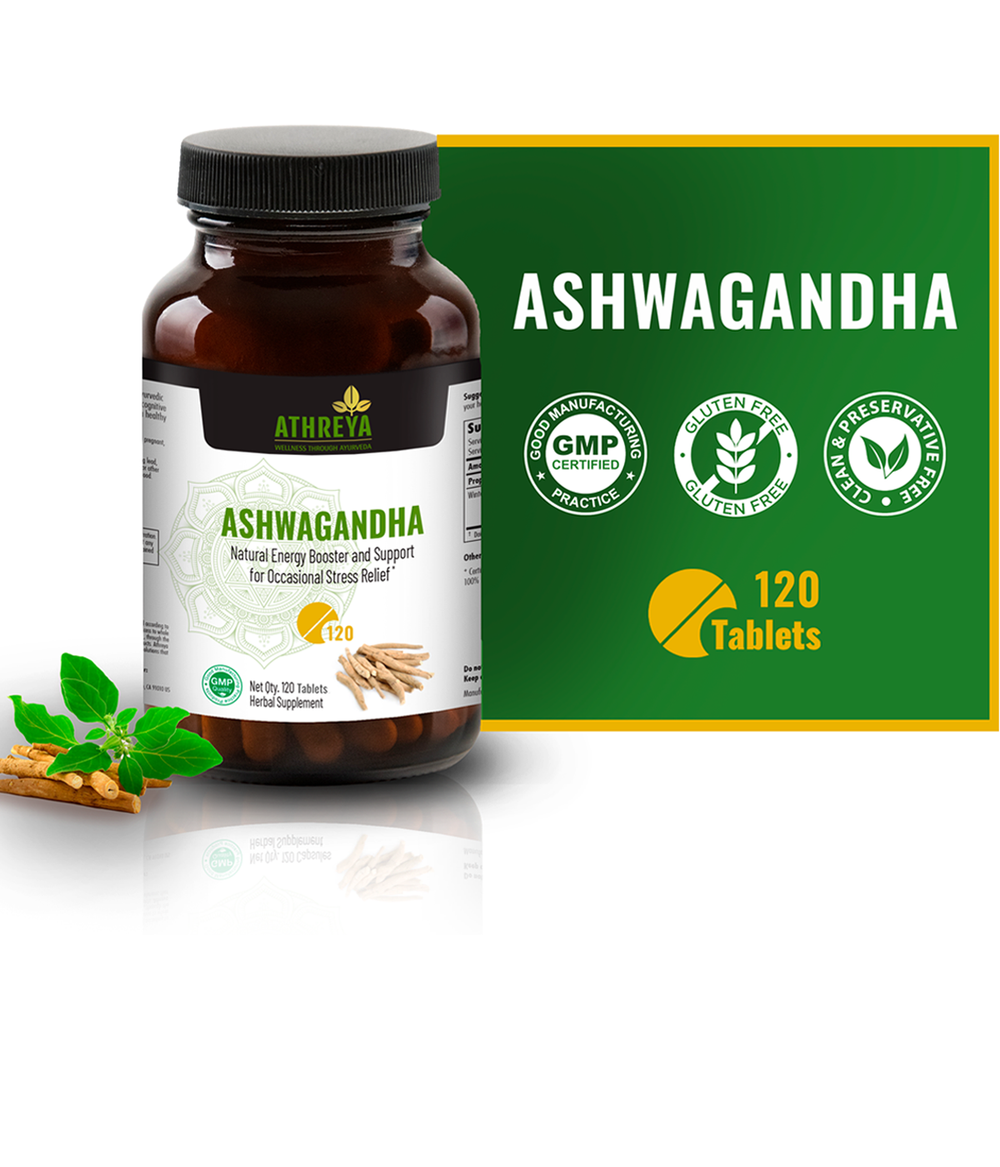
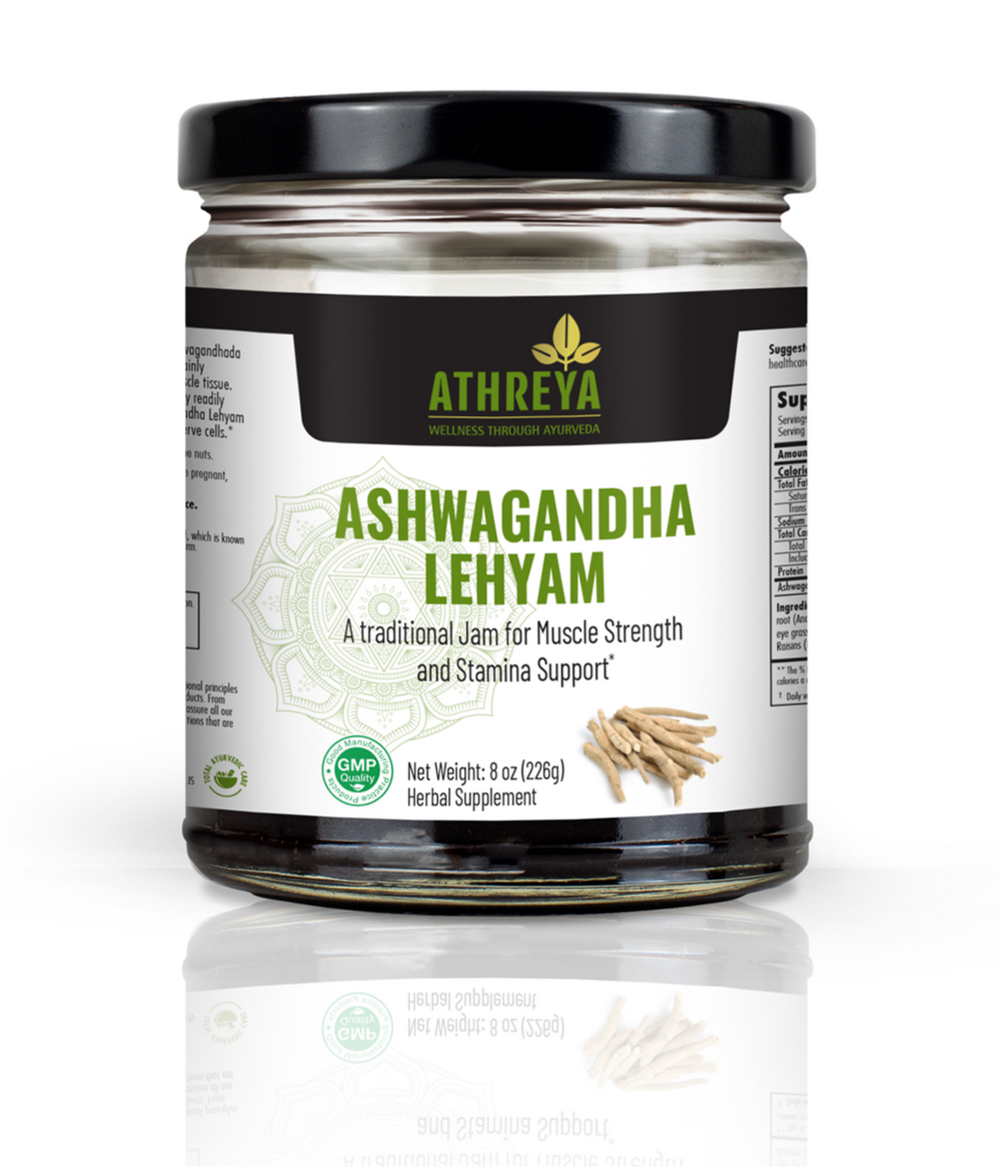
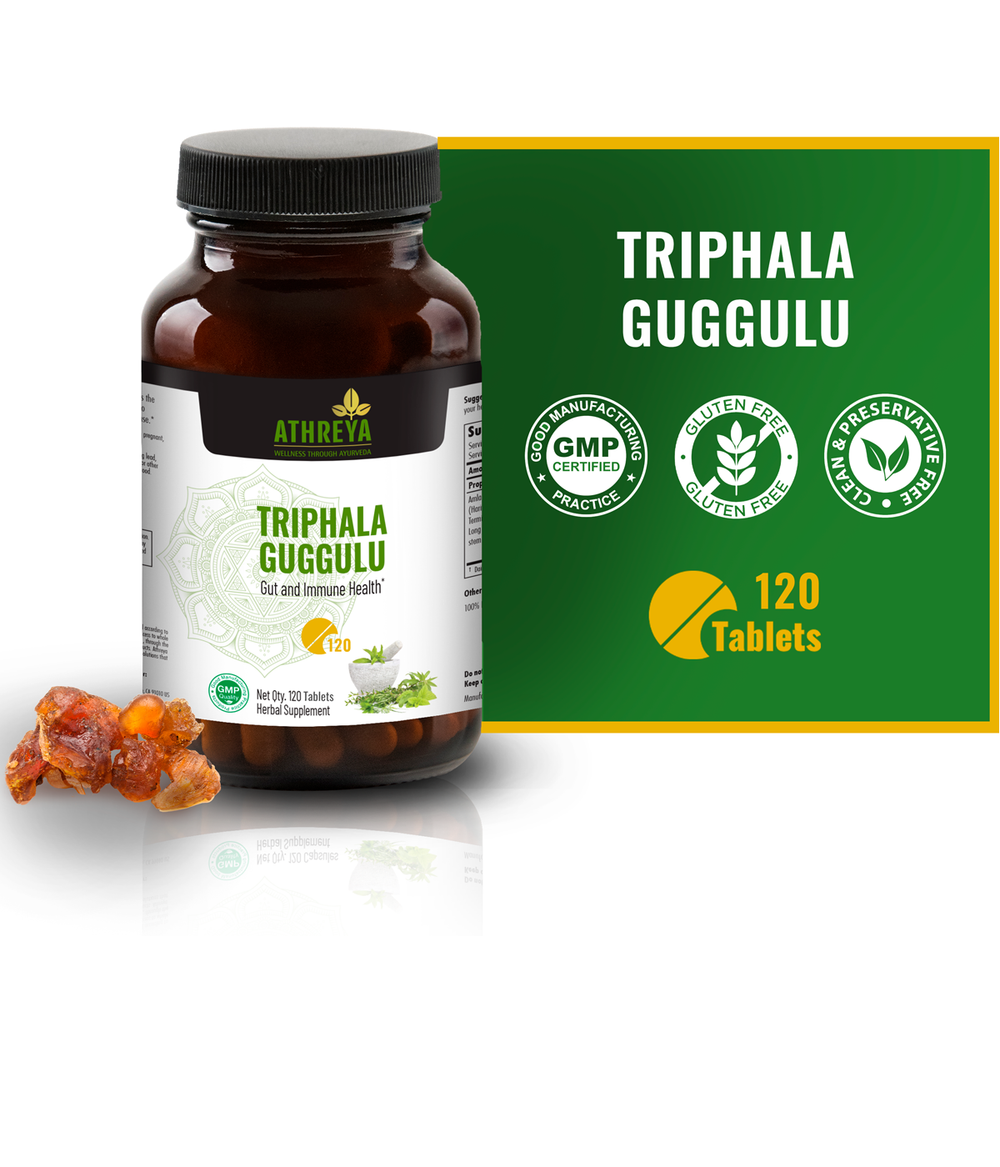
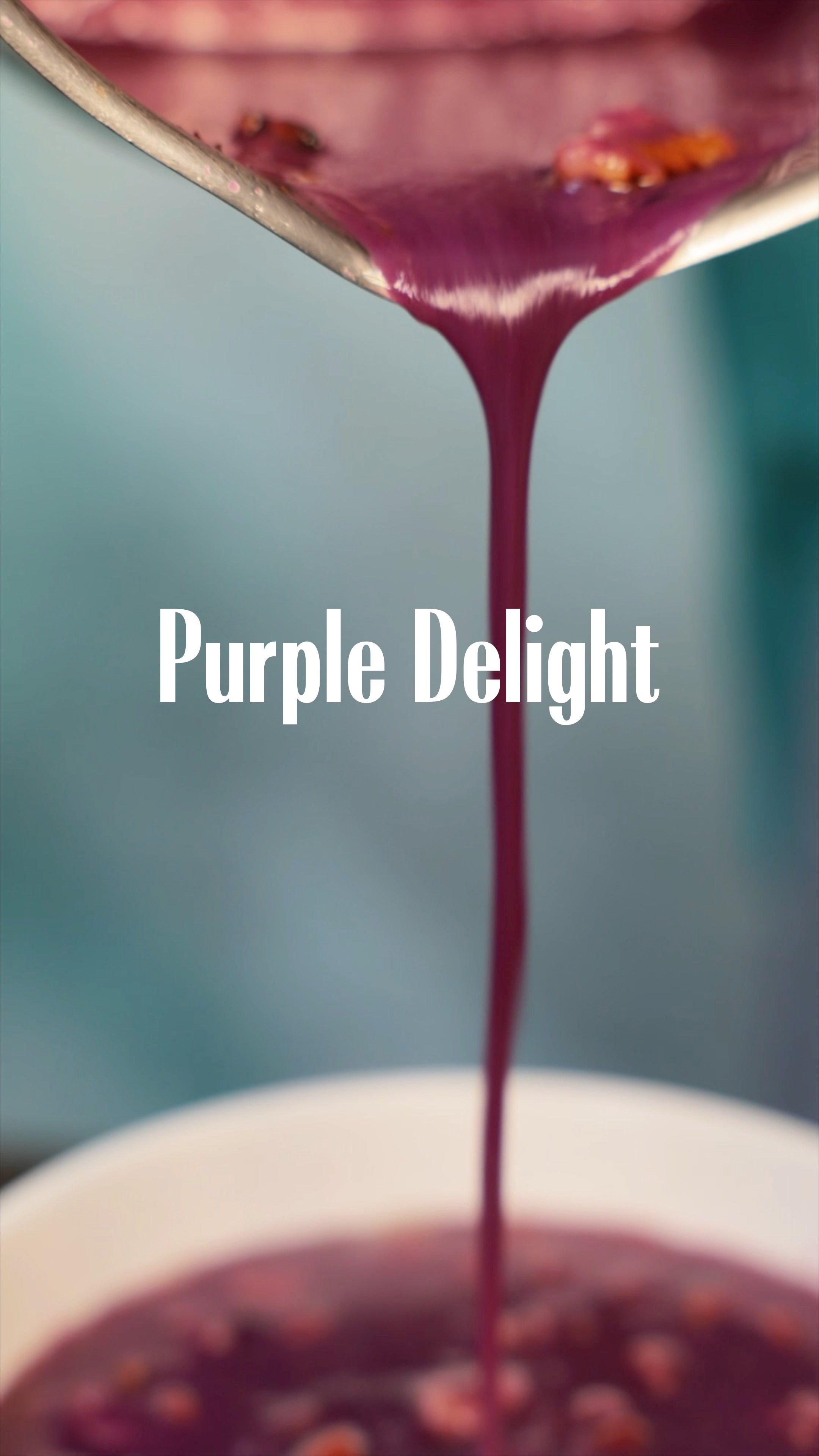


1 comment
Thank you for sharing this very valuable info.
Any chance of sharing a recipe or two for how to prepare? That would be awesome 👌